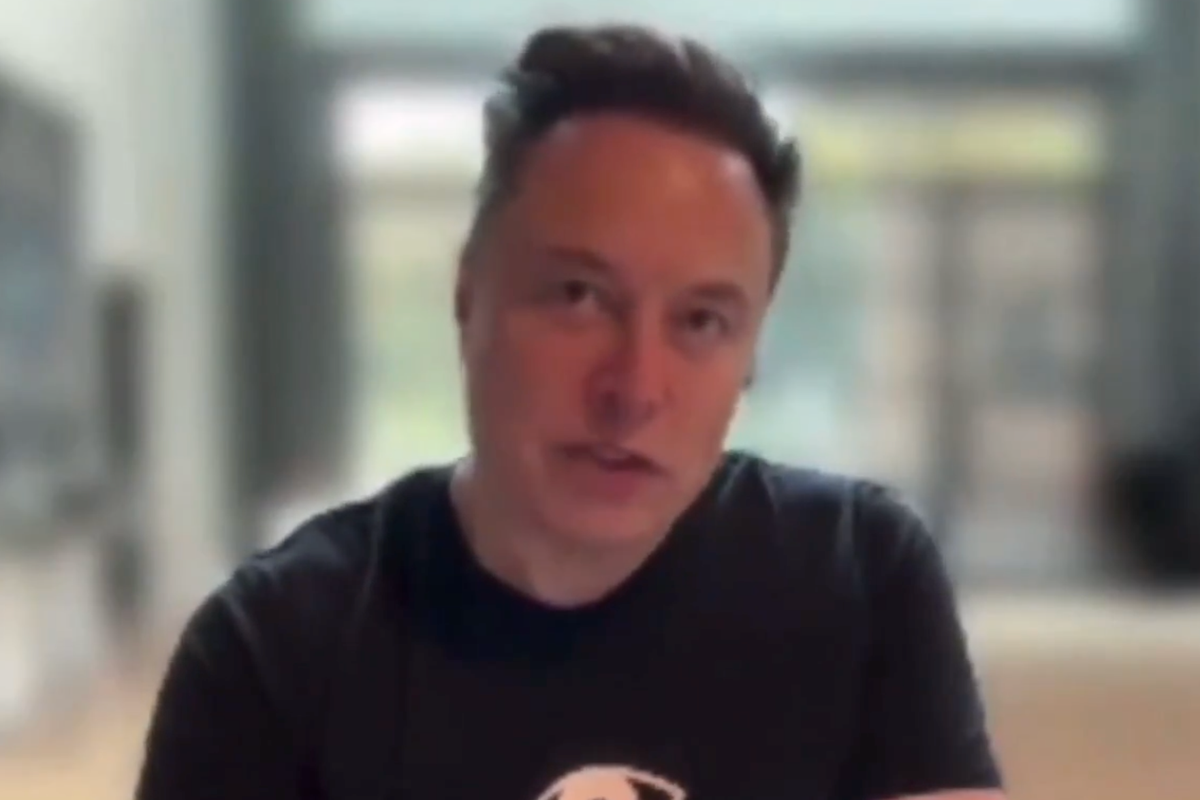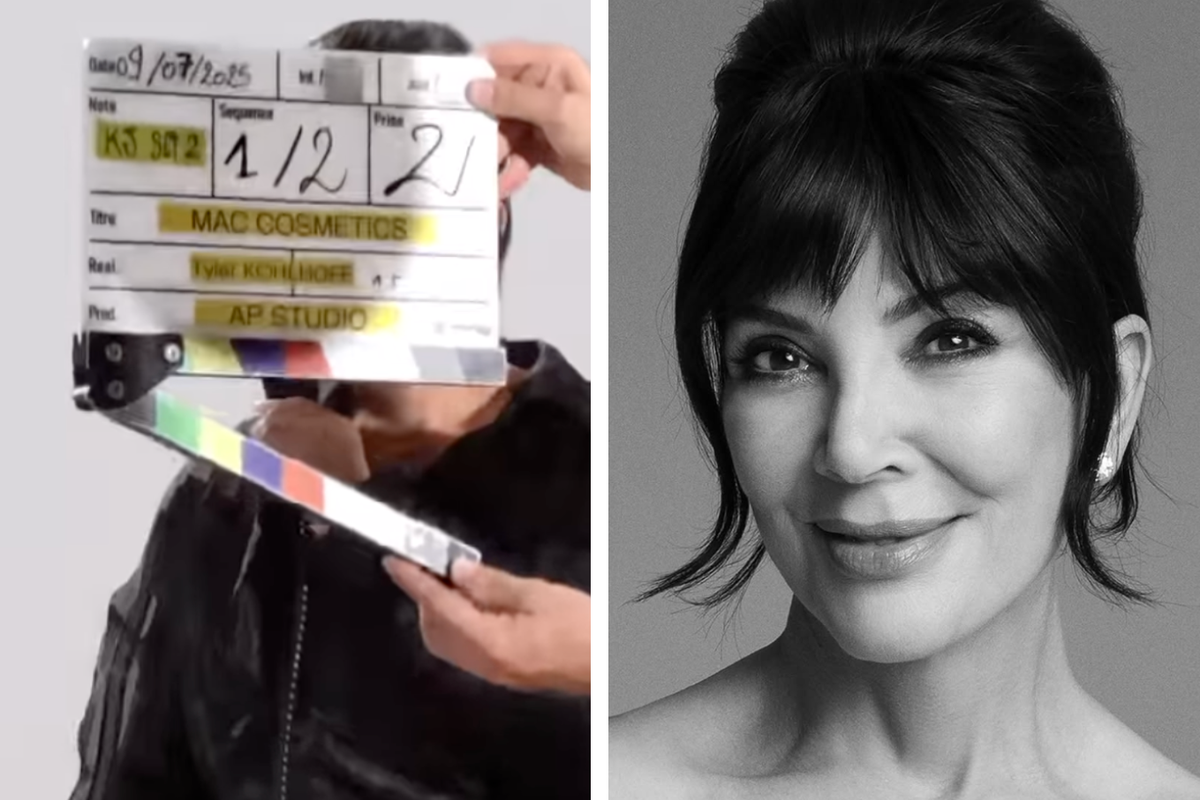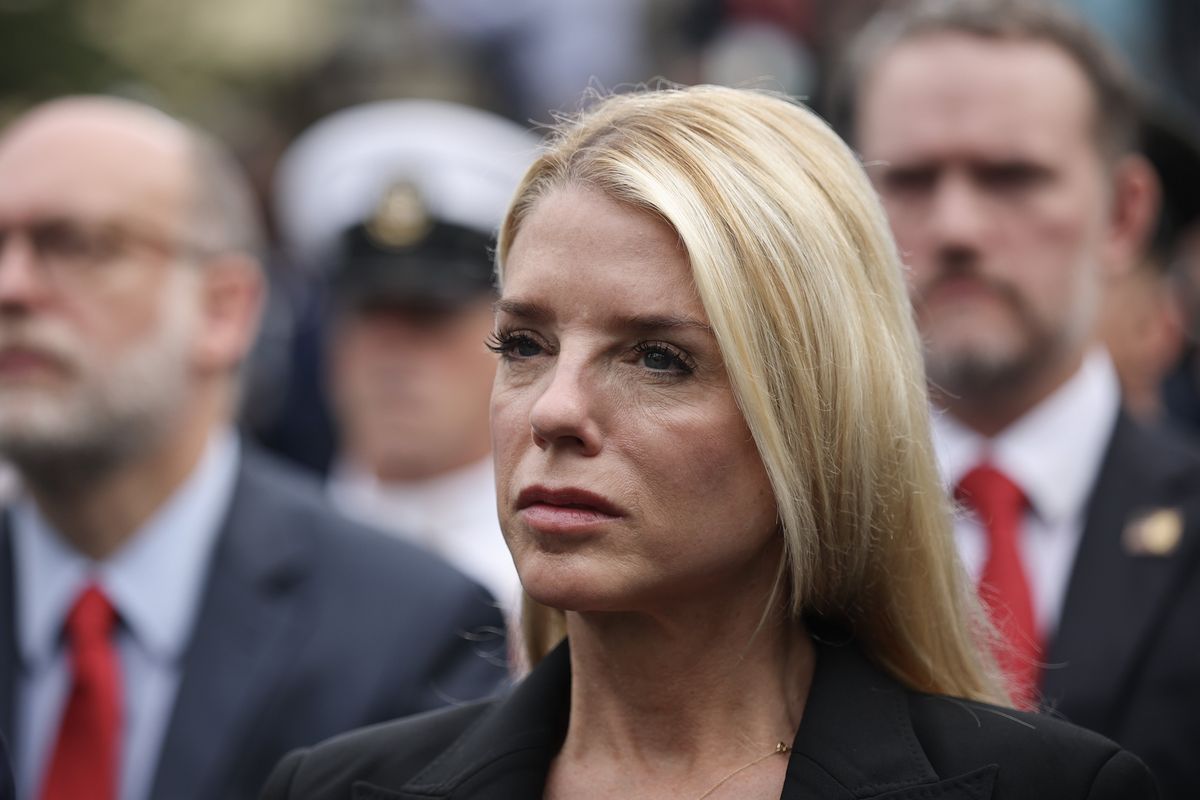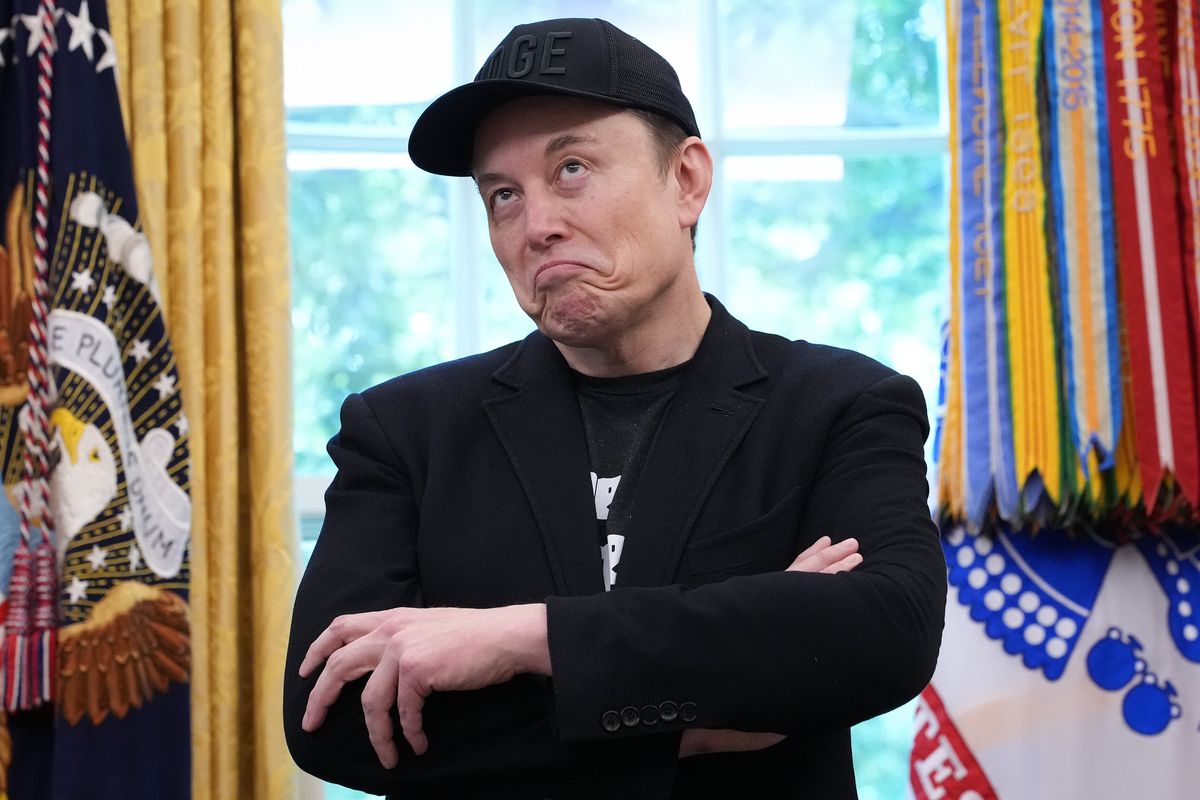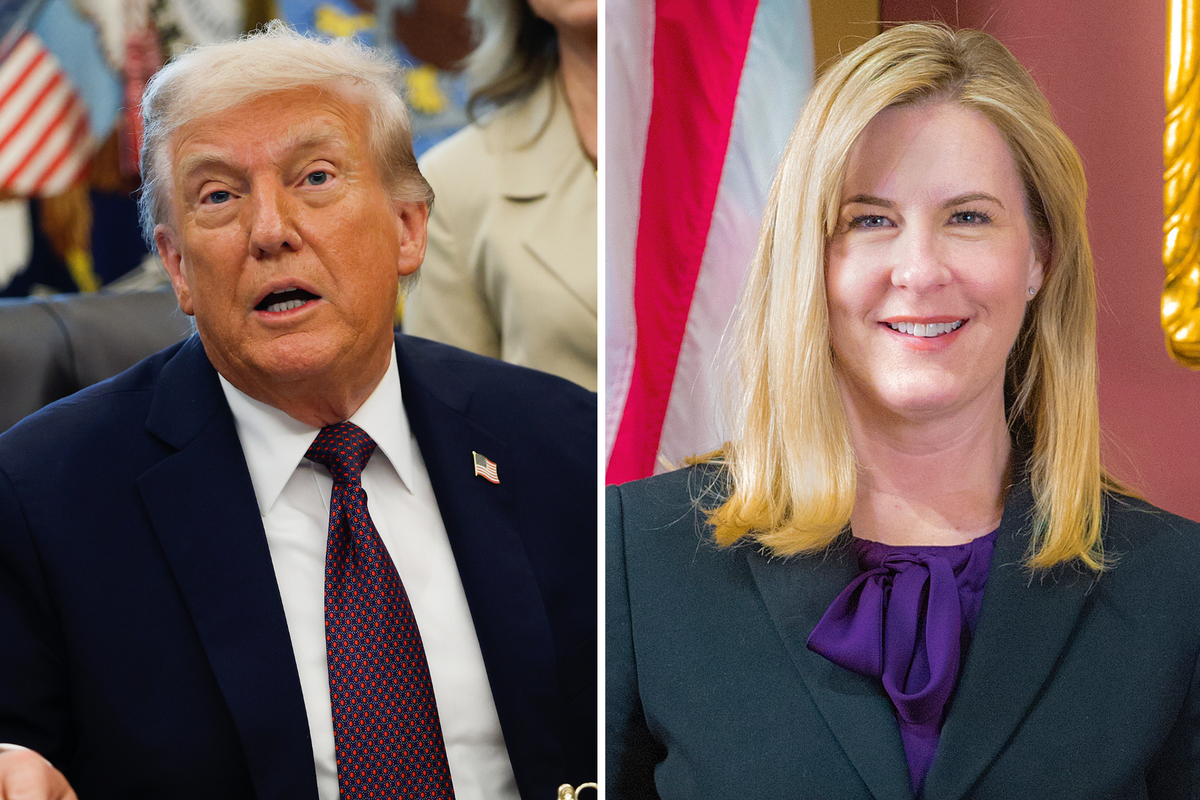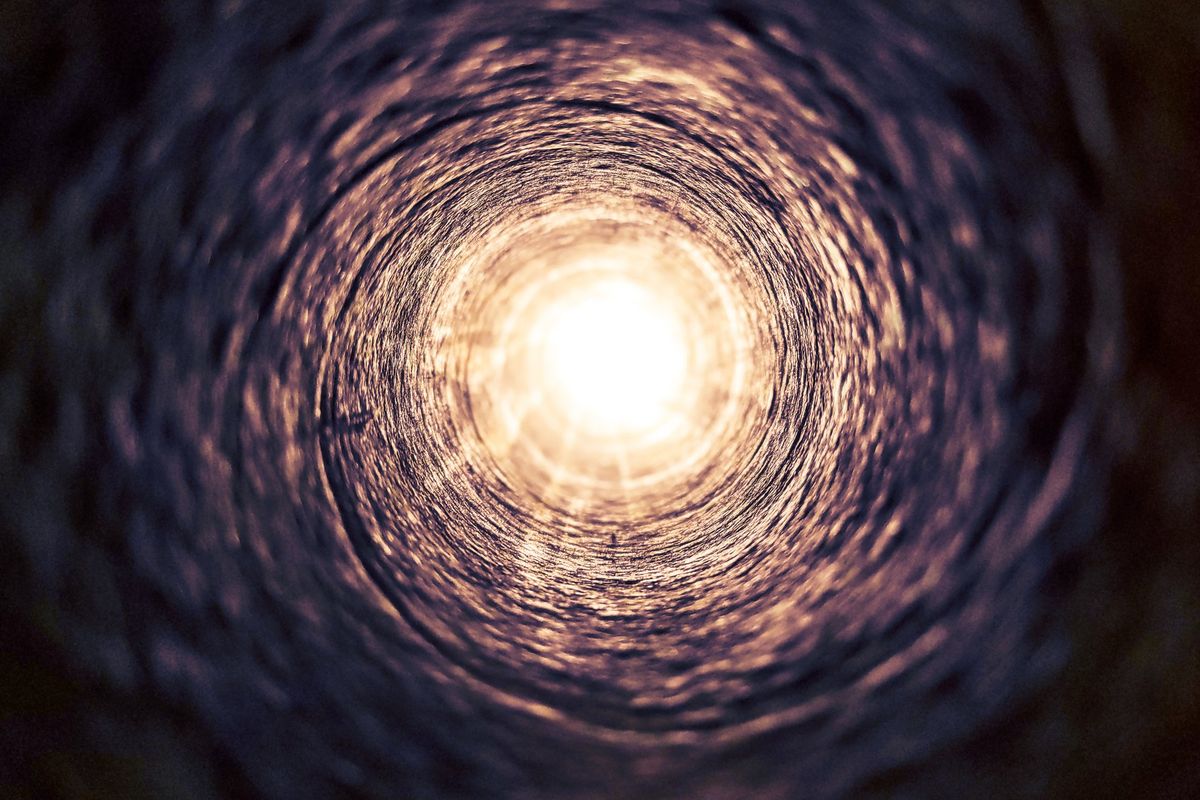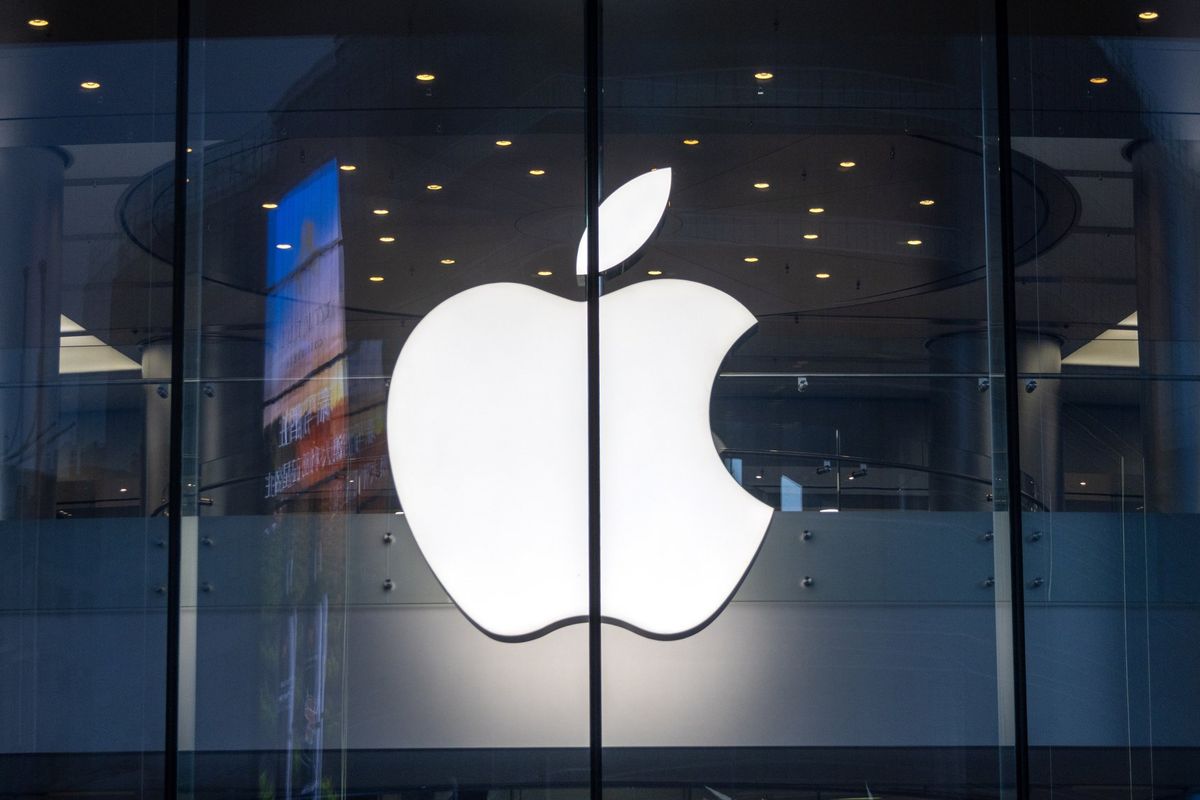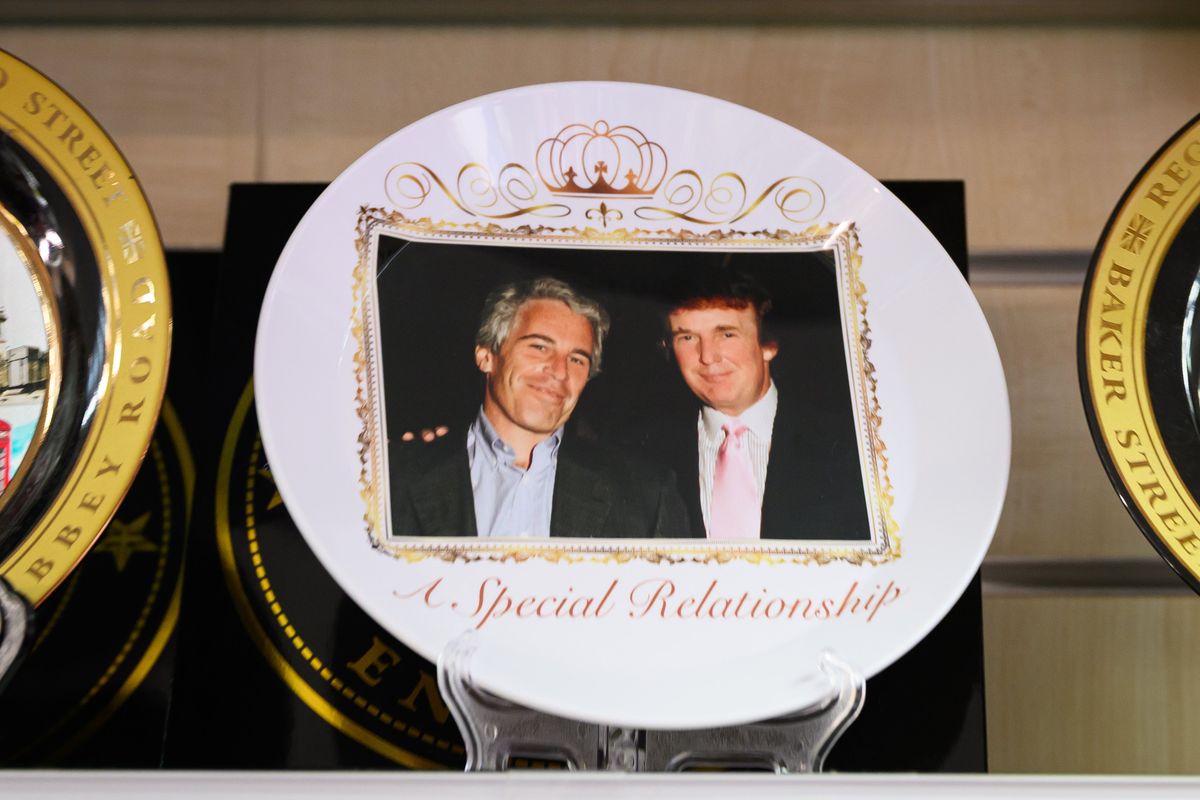News
Bethan McKernan
Aug 17, 2015
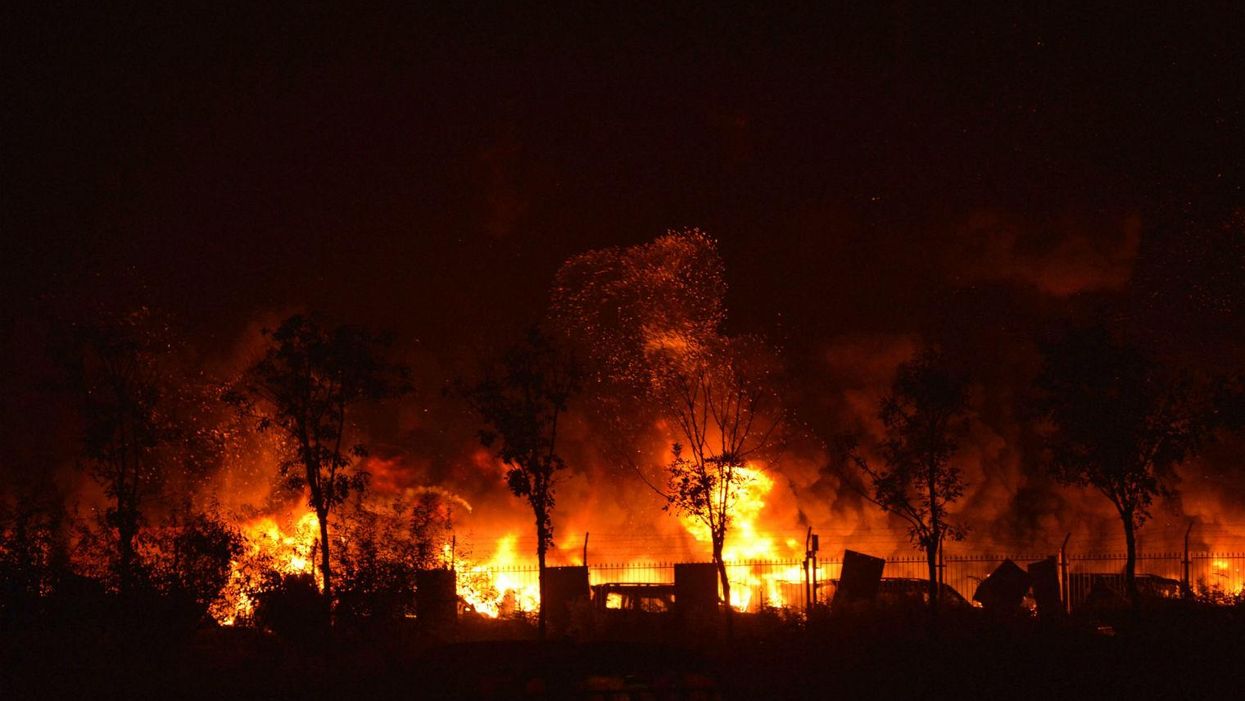
The Chinese government has been quick to shut down online criticism suggesting that state negligence or corruption played any role in the Tianjin explosions that killed at least 114 people last week.
'#Tianjinexplosiontruth' has been trending on Weibo, the Chinese version of Twitter, since news of the blast broke on August 12th, highlighting shortcomings in how local authorities have handled the incident.
FreeWeibo, which tracks deleted posts from the social network, found that one of the most shared messages which has since been removed was from Nanfang Zhoumo newspaper, quoting a firefighter who said that emergency responders didn't know they couldn't use water to combat the chemical fire.
Other users have asked why dangerous chemicals were being stored just 600m away from residential buildings.
Censorship rates on Weibo were up tenfold after the Tianjin blast said Professor King-wa Fu of the University of Hong Kong, who runs the censorship tracker Weiboscope.
The Chinese news agency Xinhua reported that at least 50 websites have been shut down and "punished" for "spreading rumours" related to the blast, in accord with the government line of threatening those who publish "irresponsible rumours" with up to three years in jail.
In Tianjin itself, Taiwanese newspaper Want Daily said that local television ran back-to-back soap operas following the incident despite widespread panic as people tried to locate their loved ones in the chaos.
One activist has started her own database to try and locate people who are still missing, since the government has not released an official list.
There are now worries that since sodium cyanide from the warehouse has seeped into the city's sewage system, it could react with the water and release deadly hydrogen cyanide.
More: Web censorship in China since Hong Kong protests began in one chart
Top 100
The Conversation (0)





